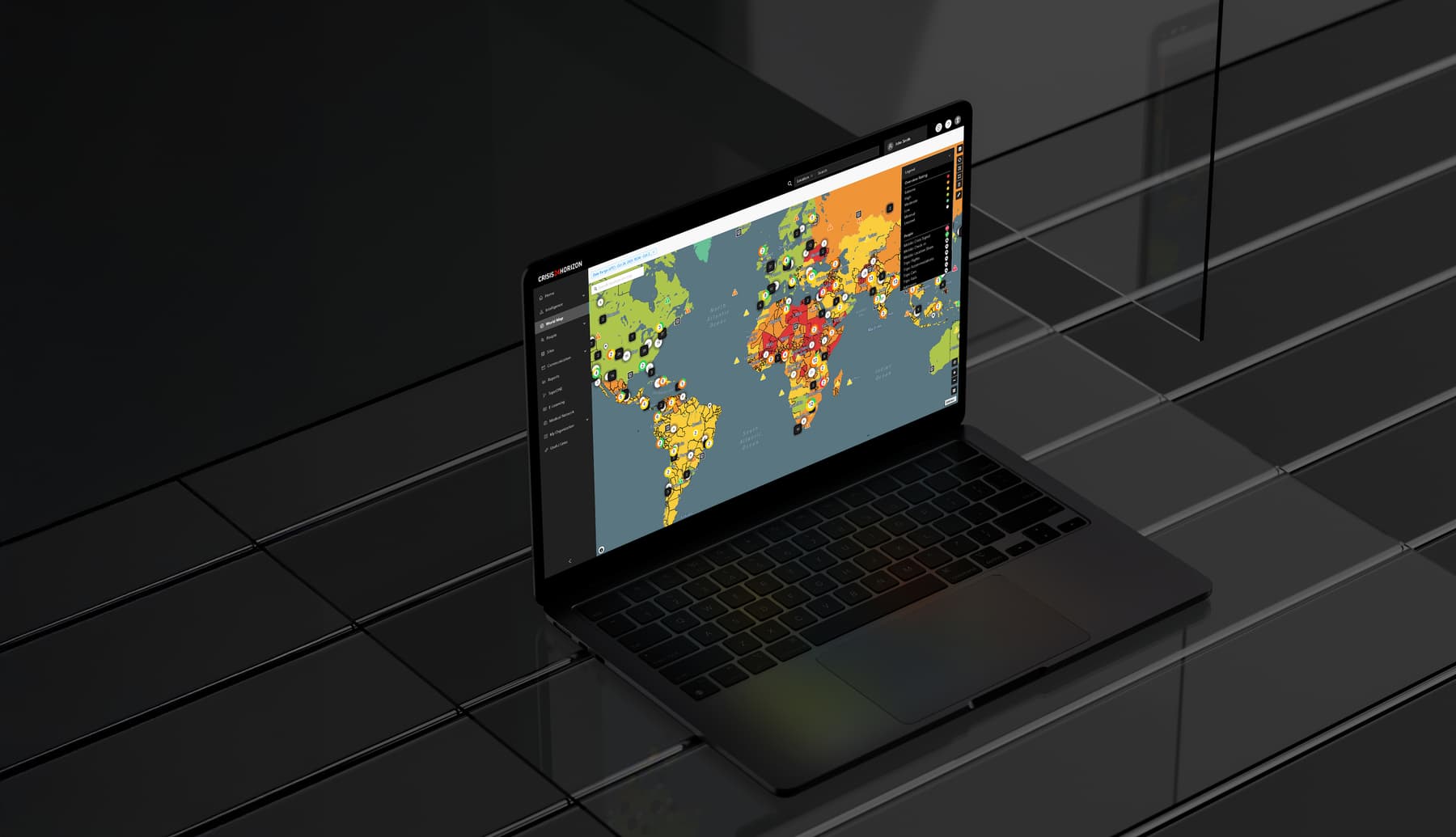ACCESS
REAL-TIME
INTELLIGENCE

THE BEST INTELLIGENCE TO HELP YOU MAKE THE MOST INFORMED DECISIONS
Crisis24 is home to the largest group of analysts in the private sector. They supply our clients with the timely risk alerts, country reports, and relevant intelligence necessary for decision-making. Their work feeds our state-of-the-art Global Operations Centers, our travel risk platform Horizon by Crisis24, and our thought leadership.
200+
ANALYSTS,
THE LARGEST TEAM
IN THE PRIVATE SECTOR
INTELLIGENCE & INSIGHTS







